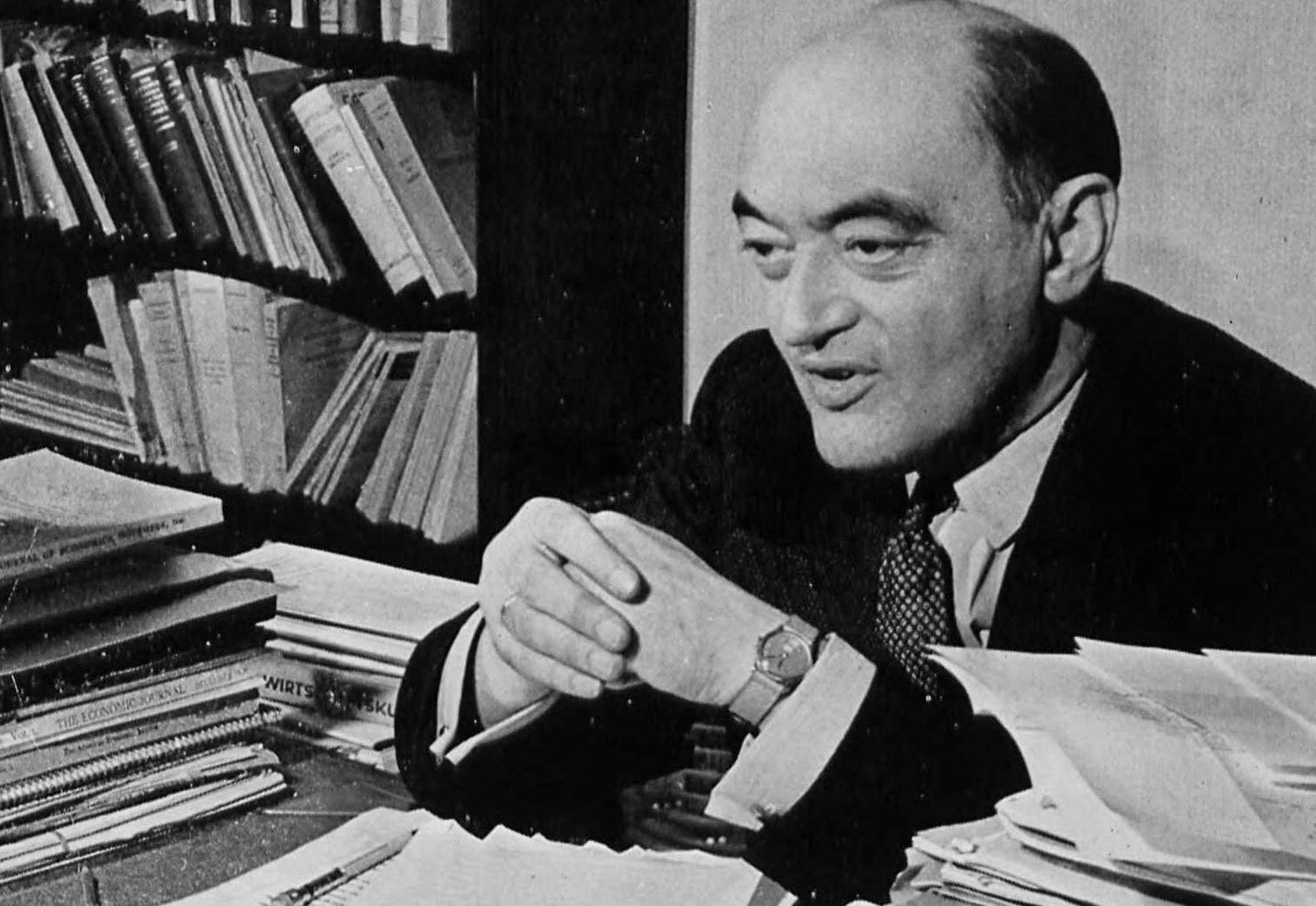I was led to the following passage in Adam Smith’s Theory of Moral Sentiments by Joseph Crospey’s book, Polity and Economy, which has found mention and discussion on this blog previously. The passage in concern is at 4.1.10, and is of considerable length: long enough to jump across pages and, faced with justified type, blend into a whirlwind of serif lettering with no sense of time or space. For ease of comprehension, I ought to break it down.
The opening lines of the passage refer to the conclusion of the preceding (and comparatively minuscule) one: “The pleasures of wealth and greatness, when considered in this complex view, strike the imagination as something grand and beautiful and noble, of which the attainment is well worth all the toil and anxiety which we are so apt to bestow upon it” (TMS 4.1.9). This is what Adam Smith will refer to as nature’s imposition upon man: it makes outward riches seem more attractive than they actually are, deluding and misleading the senses. But wealth is characterised by Smith in terms of its grandeur, beauty, and nobility — in aesthetic terms before moral ones. Why, precisely, wealth confers nobility upon its possessor is a question not for those content with their station, or those who seek knowledge and may well prefer inner wealth to outward displays of it. Wealth is clearly not desirable in itself, but only for the aesthetic embellishments it can afford. But, one may ask, what does the acquisition of wealth have to do with honour? This is a question one can only turn back to Smith. Honour is ambiguously defined in Smith’s work, and definitions of it are often provided in contexts such as this, where it is contextually implied that it is a good thing, but it is not conferred by outward, material goods. Honour belongs to the non-material world, and for the material world to be responsible for its production is precisely the wool that is pulled over one’s eyes by nature.
Continue reading “Smith’s Laissez Faire Solution to Happiness” →

